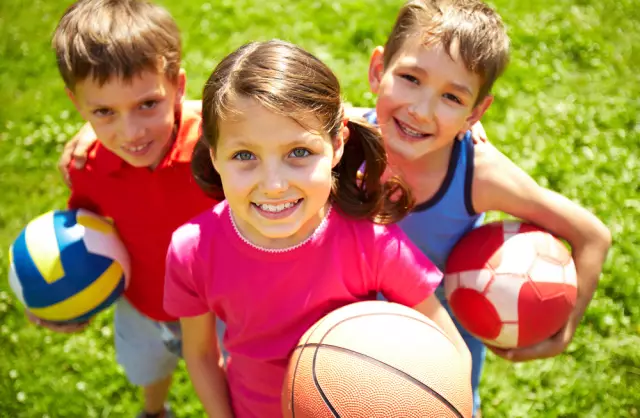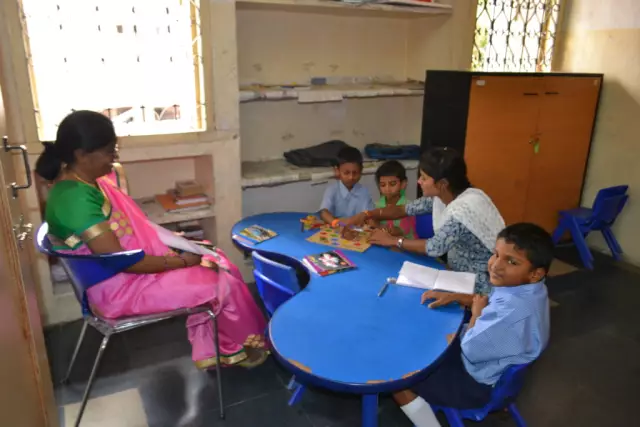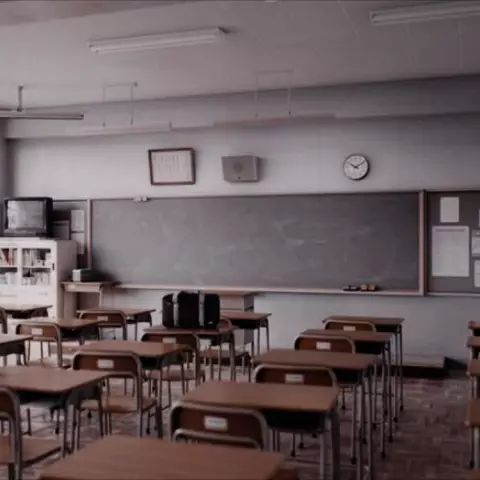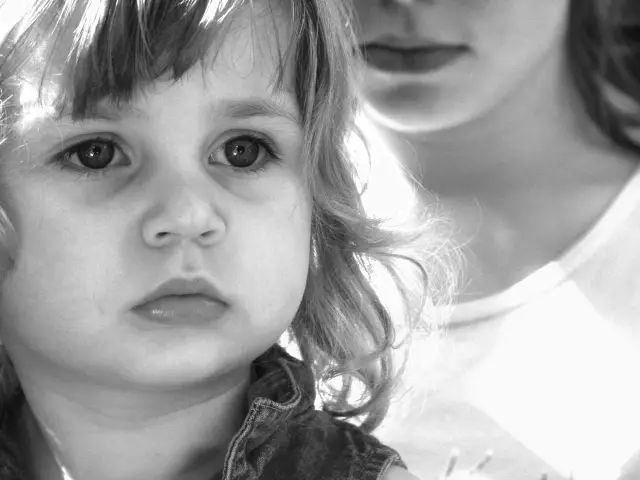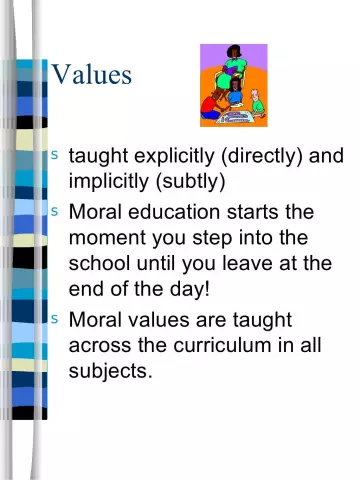- Author Rachel Wainwright wainwright@abchealthonline.com.
- Public 2023-12-15 07:39.
- Last modified 2025-11-02 20:14.
Mental education of children

Children of preschool age quickly form their speech, accumulate the necessary knowledge and experience, master the methods of mental activity. However, the mental education of children is not only in providing the child with the maximum amount of information about the world around him, but also the development and consolidation of methods of cognitive activity, including the ability to evaluate, compare, generalize and analyze, play a huge role.
Features of mental education of children
All progressive teachers consider the preschool period as the optimal period for mental education and development. This is confirmed by many studies, according to which, this time should be used as much as possible for diversified development and adaptation to the surrounding life.
The main feature of this period is the predominance of figurative forms in the child's mind, namely:
- Perceptions;
- Figurative thinking;
- Imagination.
Children of preschool age are characterized by curiosity, curiosity, a desire to learn the unknown and replenish existing knowledge. Therefore, it is very important, based on the knowledge of modern psychology, to prepare a child for school.
The tasks of mental education and development of children
The main tasks of mental education and development of children include the creation of the necessary conditions for the transition from visual to abstract-logical forms of thinking. To do this, you first need to activate visual-figurative and visual-active thinking, which is facilitated by subject-oriented practical activity. The ability to solve mental problems with the help of experimentation in the process of subject-based practical activity is the main characteristic of visual-active thinking.

The tasks of mental education of children include not only mastering the abilities for mental activity and the system of knowledge, but also the formation of personal qualities. This occurs as a result of game, objective activity aimed at acquaintance with the surrounding reality, the formation of speech activity and mathematical concepts.
In addition, the tasks of mental education of preschool children include not only teaching the child to understand the task assigned to him, but also choosing methods and means for solving it, followed by checking the result.
Methods of mental education of children
Leading teachers today have come to the conclusion that the mental education of preschool children can significantly facilitate learning at school. This is facilitated by the possibility of using completely different methods compared to school teaching, in which visual methods and game techniques are of no small importance. For the development of mental abilities and the assimilation of new material, an educator in a kindergarten or early development center should offer the performance of various tasks - drawing, modeling, construction.
In addition, the methods of mental education of children should be aimed at fulfilling the goals set for the educator, including:
- Development of mental activity;
- Sensory education;
- Formation of speech.
Depending on the goal, the appropriate technique is also selected. The development and formation of speech is aimed at educating the sound culture of speech, enriching the vocabulary and forming the grammatical structure. Depending on the age, various didactic materials, finger and outdoor games can be used for this. The formation of a culture of speech is necessary for developing the skills to express one's thoughts, the ability to listen to the interlocutor and hold the subject of the conversation.
Methods of mental education of children for the development of mental activity are also diverse and are determined by both the age and psychological characteristics of the child. For this, a play environment is most often used, in which the baby can most easily learn the necessary knowledge and acquire skills. In developing education, elements of play, cognitive, educational and search interaction are synthesized. It is also necessary to stimulate a variety of independent activities of the child and encourage his interest in gaining knowledge about the world around him.
Found a mistake in the text? Select it and press Ctrl + Enter.

